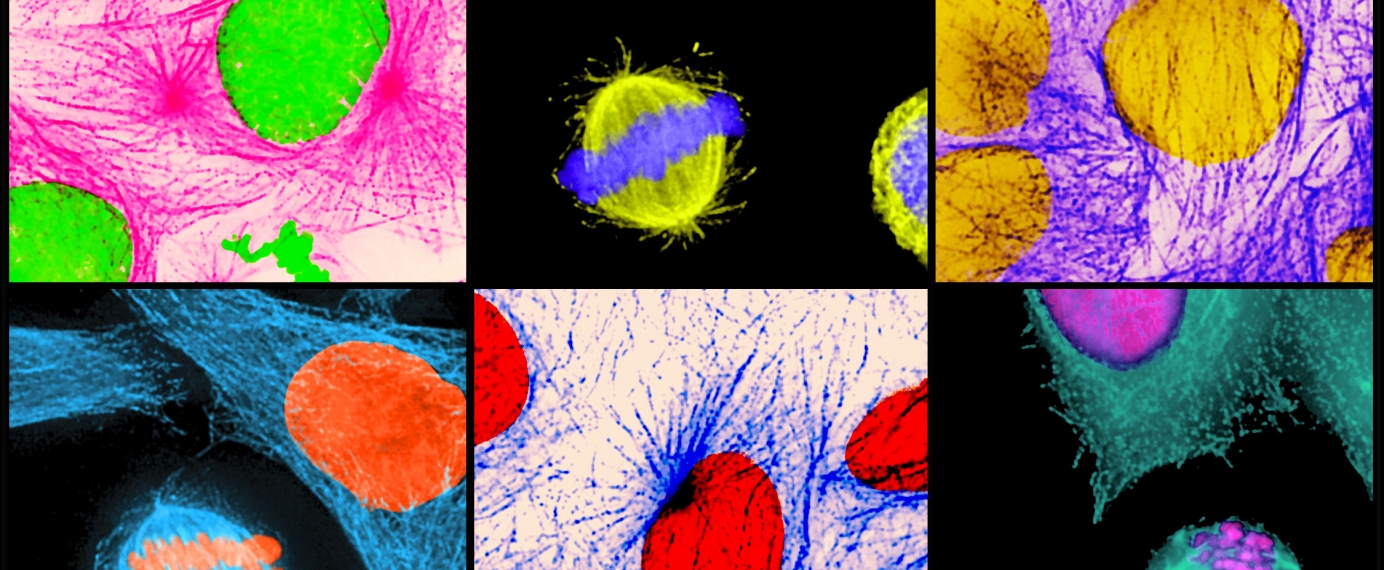Cell Renewal
Our researchers seek to understand how our cells and tissues renew and replenish themselves. They investigate how the molecules and specialized structures inside of our cells work in concert with each other, in a precisely choreographed dance, to ensure that biological processes happen when and how they should.

Whitehead Institute scientists are studying how an organism performs the fundamental tasks of life — replenishing its cells and tissues – through cell division, an intricate process, every aspect of which must be executed correctly for normal growth and development. Our bodies each began as one cell that had to divide an astounding number of times to create the roughly 30 trillion cells that make up a human body--and billions of these cells continue to divide every day. By identifying the molecules involved in cell renewal, and determining how cells carry out the process, our researchers are improving our understanding of cell renewal in normal development and in turn how it may go awry in diseases like cancer.

Our researchers are investigating the molecular mechanisms that help orchestrate and carry out chromosome segregation, and have identified key components of the kinetochore, a protein complex that assembles in the center of chromosomes to connect them to the molecules that pull them apart. Our researchers also seek to understand instances in which chromosome segregation is non-random.

Steven Lee
Stem cells are full of possibility, able to differentiate, or turn into, nearly any specialized cell type that the body needs, like a blood cell, a skin cell, or a neuron. When a stem cell divides, often one of the daughter cells remains a stem cell, while the other daughter cell progresses through increasingly specialized divisions to become a specific, typically non-dividing, differentiated cell type. Our researchers seek to understand this asymmetric cell division: how is it determined which daughter cell will differentiate and which will not, and what mechanisms facilitate this?

Errors in cell division are common in cancer. When chromosomes are not properly divvied up, cells may end up with the wrong set of chromosomes and the wrong number of chromosomes—states commonly observed in cancer cells. By better understanding the molecular biology of chromosome segregation and cell division, our researchers provide useful insights into how these processes may be disrupted in disease.

Kuan Chung Su/ Whitehead Institute
The canonical understanding of gene expression is that one gene codes for one RNA, which is used to build one protein. However, what happens inside of cells is more complex than this. Our researchers are searching for instances in which additional proteins are produced from truncated or displaced sections of the genetic code for canonical proteins. These alternative variants of known proteins can serve important, underappreciated roles in cell function and disease, from cell division to responsiveness to cancer therapies.





